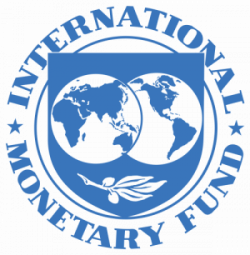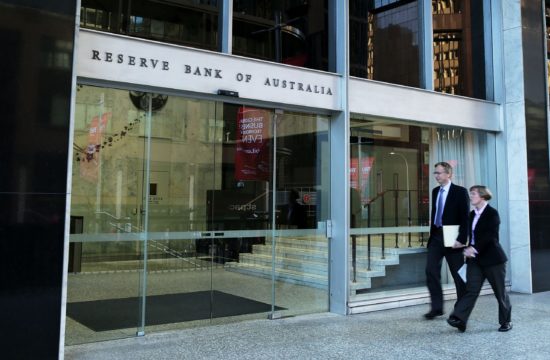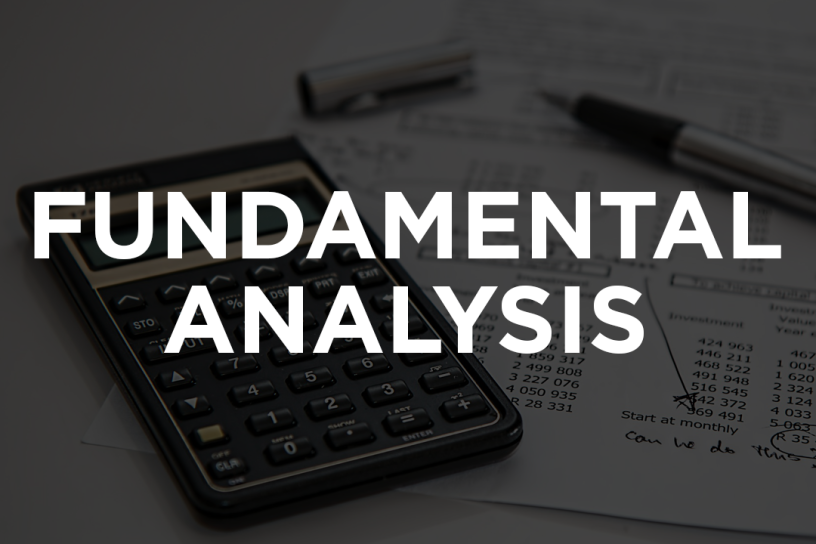This blog is part of a series providing regional analysis on the effects of the coronavirus.
COVID-19 has struck Europe with stunning ferocity. While we do not know how long the crisis will last, we know that the economic impact will be severe. In Europe’s major economies, nonessential services closed by government decree account for about one-third of output. This means that each month these sectors remain closed translates into a 3 percent drop in annual GDP, and that’s before other disruptions and spillovers to the rest of the economy are taken into account. A deep European recession this year is a foregone conclusion.
Most of the nine non-EU emerging economies in Central and Eastern Europe have already applied for emergency assistance via the IMF’s rapid financial support facilities.
Europe’s generally strong welfare systems and social market model will facilitate the delivery of targeted assistance to firms and households, but there should be no doubt about the complexity of this task: these systems were not constructed to meet demands of the magnitude now confronting Europe’s policymakers. Countries are responding in innovative and unfamiliar ways, and they can learn from each other what approaches work best. To help them do so, the IMF has established a website that provides information on how individual countries are dealing with the practical problems they are encountering, helping distil emerging international best practice. This is just one of the ways in which we have moved quickly to adjust IMF surveillance to the dramatically changing circumstances.
All countries in Europe will need to respond aggressively to the crisis, in a manner that is both bold and commensurate to its scale. If there ever was a time for using available buffers and policy space, this is surely it. But the scope for responding differs markedly across Europe. To better understand the constraints facing countries as they seek to step up their crisis responses, it is useful to distinguish among three sets of countries: advanced European economies; emerging European economies that are members of the EU, but not of the Euro Area; and non-EU Emerging Economies, especially the smaller emerging markets.
Policymakers in the advanced economies have made good use of their policy space and institutions, putting in place large monetary and fiscal expansions to blunt the impact of the crisis. Fiscal rules and limits are rightly being suspended to enable large-scale emergency support, and fiscal deficits are being allowed to surge. Similarly, central banks have launched massive programs for asset purchases, and financial regulators have eased requirements to allow banks to continue to support customers in distress and the economy more broadly. As to the Euro Area, the large-scale interventions by the European Central Bank, and European leaders’ call for the European Stability Mechanism to provide a European supplement to national fiscal efforts, are particularly critical in ensuring that countries with high public debt will have the fiscal space they need to react forcefully to the crisis. The determination of euro area leaders to do what it takes to stabilize the euro should not be underestimated.
Emerging-market economies that are members of the EU but not the Euro Area do not have the same policy space as advanced economies, but they will benefit significantly from having reduced their fiscal and external deficits and debt in recent years, and from having strengthened their bank systems. Substantial effort has gone into building buffers in these countries, and now is the time to use them.
As to policy space, our main concern at this juncture is with regard to smaller countries outside the EU. Fiscal space varies notably within this group, but they all lack the depth of financial markets and the EU linkages that contribute importantly to policy space. With limited access to external capital and smaller and less developed banking systems, many of these countries will find it difficult to finance large increases in their fiscal deficits. They also lack the same degree of potential access to financial support that EU members can benefit from, and from the broader umbrella of policy and institutional credibility that accompanies EU membership.
Not surprisingly, these countries are now turning to the IMF for financial assistance. Excluding Russia and Turkey, most of the nine non-EU emerging economies in Central and Eastern Europe have already applied for emergency assistance from a $50 billion pool available via the IMF’s rapid financial support facilities. They join more than 70 other member countries throughout the world that have already sought access to rapidly-disbursing, low-conditionality IMF emergency facilities to meet the immediate pressures arising from the COVID-19 crisis. More countries are likely to follow in what is already the largest number of requests for assistance ever received by the IMF at one time.
The Fund is moving as fast as possible to support the membership at this time of extraordinary systemic challenges. We are dramatically streamlining our internal rules and procedures so as to be able to respond with the speed, agility, and scale called for by this unprecedented peacetime challenge. Our shareholders—189 countries worldwide—expect nothing less, and we stand ready to play our role in supporting Europe’s efforts to fight the pandemic.














